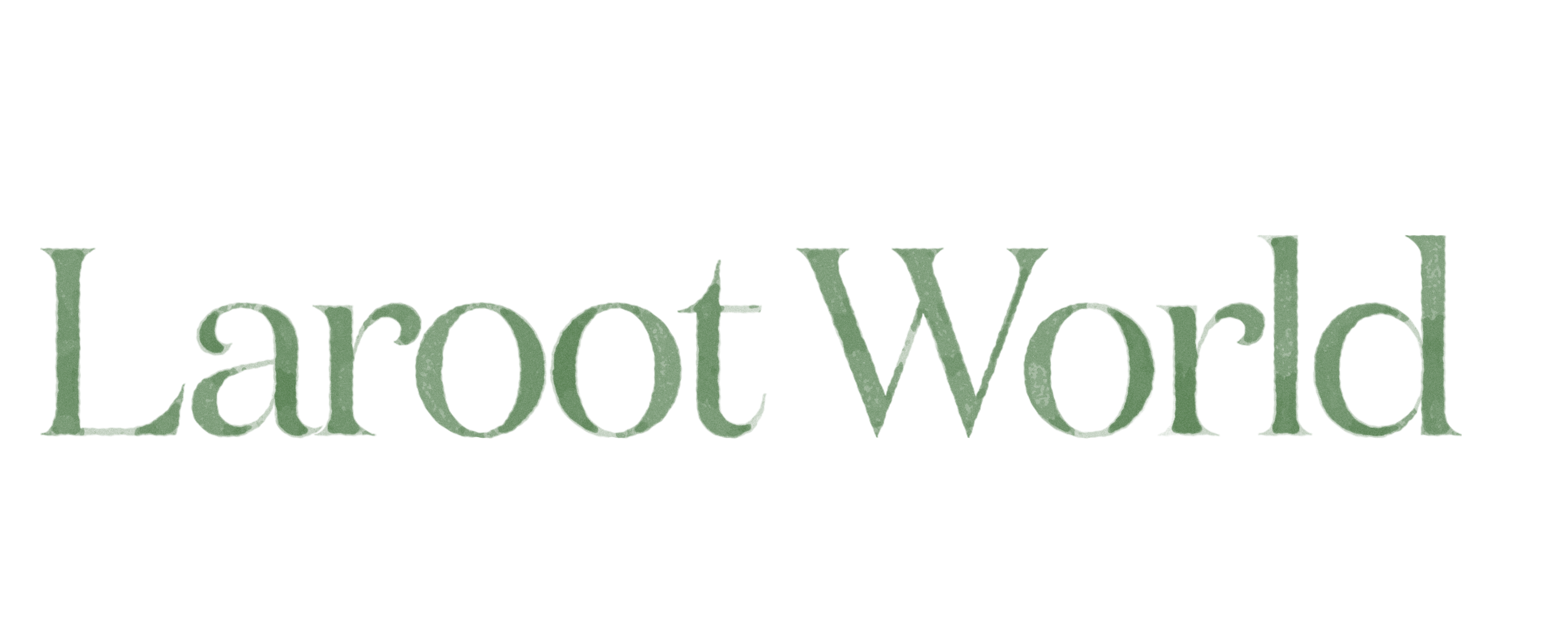The Kousmine Method: A Precursor to Modern Flexitarianism

Have you ever heard of, or maybe even tried, the Kousmine Method? Introduced in the 1930s by Dr. Catherine “Katia” Kousmine (1904–1992), a Swiss general practitioner with Russian roots, this nutritional methodology promotes a diet composed largely of whole grains; legumes; raw, organic, seasonal fruits and vegetables; lean white meat; fresh yogurt and cheese; and cold-pressed, hexane-free plant oils such as flaxseed and sunflower.

The Kousmine Method was one of the first of its kind to advocate for less consumption of saturated animal fats; its followers are encouraged to limit their intake of meat, eggs, and full-fat dairy products. The Method also eliminates “empty calories” from refined vegetable oils, white sugar, white flour, “lite” foods, and alcohol.

Dr. Kousmine was a devoted researcher of cancer, rheumatoid arthritis, multiple sclerosis, and other autoimmune diseases. She theorized that reducing acidosis in the body through proper nutrition could prevent toxins from invading the bloodstream, thereby preventing tumor formation and mitigating the symptoms of degenerative disease.
While her theory has never been scientifically proven, Dr. Kousmine was resolute that her hundreds of cancer patients who went into long-term remission benefited from her method as part of a holistic treatment approach that included a wide swath of medical interventions. In any case, subsequent studies on the dangers of trans fats which built upon research by Dr. Kousmine later informed Western health policies and recommendations on their inclusion in commercially available foods. (Margarine, in case you’re wondering, was always on her banned list.)

Laroot’s approach to meal planning and ingredient sourcing—from our flexitarian sensibility, which limits animal consumption to moderate portions of lean white meat and fish, to our embracing of organic, seasonal produce—shares a good many tenets, though certainly not all of them, with the Kousmine Method. And, just as Dr. Kousmine did with patient care, we take a holistic outlook on nutritional balance, incorporating wisdom and findings from Traditional Chinese, Ayurveda, and Western medicine, in the belief that all major healing systems, despite the occasional incongruities between them, have survived for tenable reasons that can’t be overlooked.
